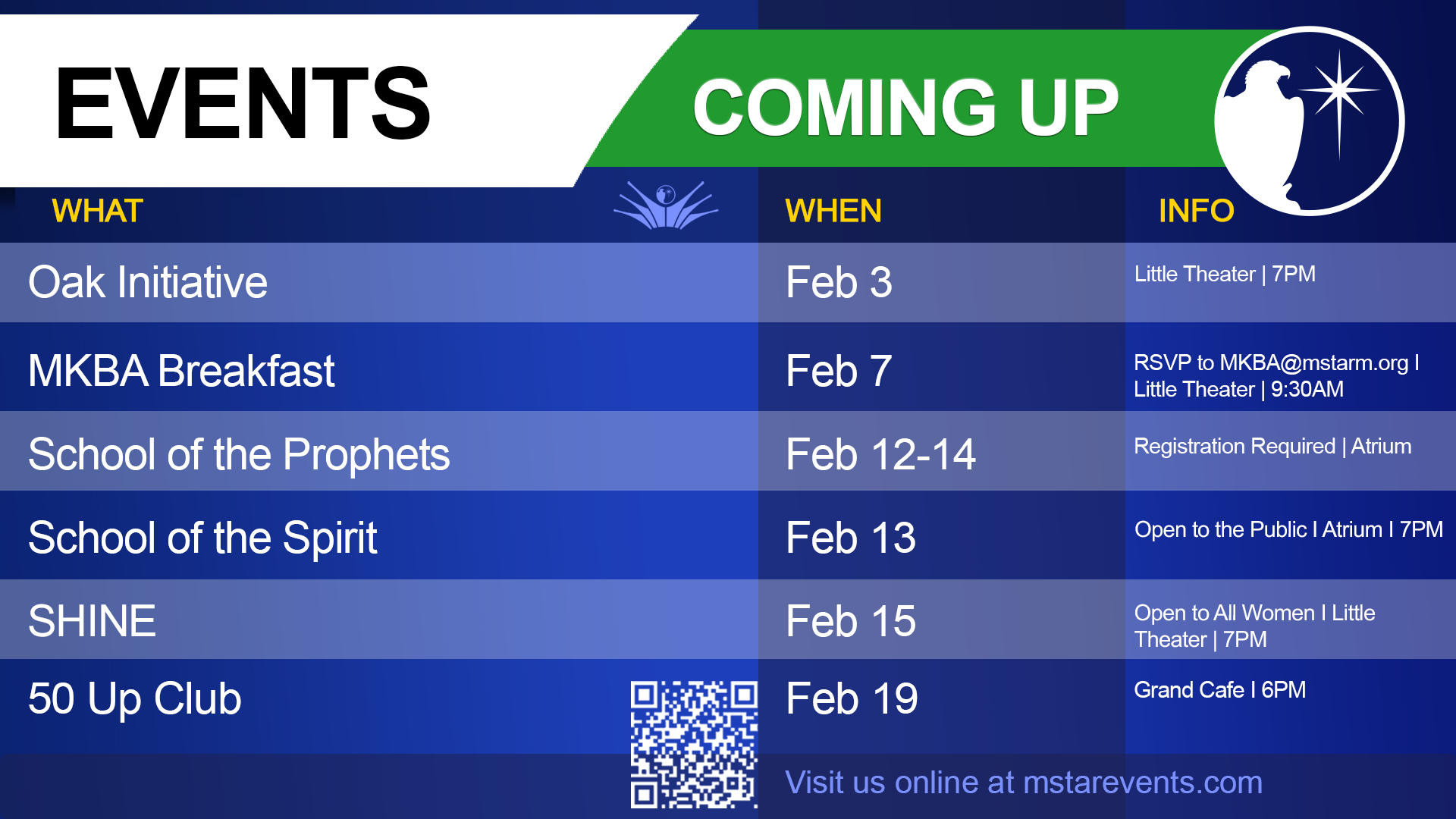We are told in Psalm 89:14 that righteousness and justice are the foundation of His throne. So the authority of His kingdom will be founded on both righteousness and justice. Righteousness is doing what is right in the sight of the Lord. Justice is the application of His judgment. We cannot fully understand His judgments if we do not understand His justice. Like the judgments of God, this is a subject that is rarely addressed in Christianity today, but it is crucial for understanding the times.
Righteousness is what God thinks is right, not us. Likewise, justice is based on His judgment, not ours. The Bible was written so that we could have these two basic pillars of His kingdom firmly established in our lives. Fallen mankind is often pursuing the exact opposite of righteousness and justice. To the degree that we have not yet been transformed by the renewing of our minds, we too are probably in opposition to God’s basis for these. For a life built on the kingdom, we must have a strong foundational understanding of and devotion to God’s righteousness and God’s justice. To do this, we will be going in the opposite direction of virtually the whole world except for the others who have become true disciples.
We have a biblical worldview to the degree that our view of the world is shaped by God’s perspective as revealed in the Scriptures. Yet as studies have revealed, all but a small percentage of Christians have their worldview shaped by a diversity of other sources rather than the Scriptures. These perspectives can be from secular media, our teachers, coaches, or others we respect, including pastors and teachers in the body of Christ who may or may not have a solid foundation in these. We should each examine our own source of understanding the world and resolve that it is a high priority that we know God’s perspective if we are going to be the salt and light we are called to be.
Many ask me what I did to get my perspective, which they have the right to know. The Scriptures exhort us to “know those who labor among us” (see I Thessalonians 5:12), and you deserve to know the basis of my teaching. One of the most often asked questions is how I learned to write like I did. First, I do not consider myself to be a great writer, but I do think I have good content that makes up for my other deficiencies. The content has come through persistent study over many years. I think just about anyone willing to study as much as I have could do the same things, and maybe much better. I’m not trying to be humble by saying this—it is a fact. Here is what I did:
For the first two years I was a Christian, I tried to spend at least forty hours a week in the Scriptures, as well as reading classic Christian literature, especially church history. I took a part-time job where I could make enough to meet my basic needs. After this, I was thrust into full-time ministry, but I was generally able to maintain this level of study for the first thirty years of my Christian walk. For the last ten years, my duties have been such that this amount of time has been cut in half, but I still spend a lot of time in study.
For the first thirty years of my Christian walk, I used a simple reading program for Bible study. I read two chapters in both the Old and New Testament, five Psalms, and one chapter of Proverbs every day. This enabled me to read the entire Old Testament every year, the New Testament several times a year, and Psalms and Proverbs once a month. Then I would do studies on specific subjects, too. It may sound like a lot, but it never felt like enough to me. It was like finding the most valuable treasure every day. I loved studying so much that one of my concepts of heaven was an endless library where I could spend eternity learning. I know this would be some people’s concept of hell, but once these started finding the treasures of wisdom and knowledge that study can produce, I think even they would become addicted as I did.
For the last ten years, I’ve been doing a much slower Bible reading, but much deeper study. I now only read one or two chapters a day, but I spend about the same amount of time as I always have, meaning I am taking more time to deeply ponder what I read. I’m amazed at how much I missed through the previous thirty plus times I read the Bible. The Bible is no doubt a source of limitless insight into God’s ways and man’s ways.
For most of my life, I think I’ve also averaged reading about a book a week. These have been on a great diversity of subjects, but mostly about God, the Bible, the kingdom, or the church, especially church history. Even though I do have an earned doctorate in theology, I still consider myself a student rather than a master. It is true for me that the more I’ve learned, the more I realize I don’t know and the more I want to learn.
Think about the treasure that a book can be—a person can spend a lifetime learning about something, write it in a book, and we can gain their insight in just a few hours! I do consider books one of the great treasures and pleasures in this life. I also consider it one way that we can submit to the body of Christ, receiving the perspectives, insights, and teachings of others, especially the great voices in history who went before us.



